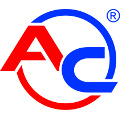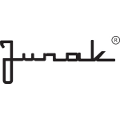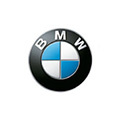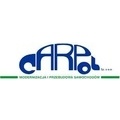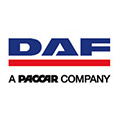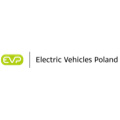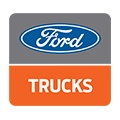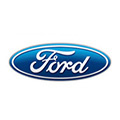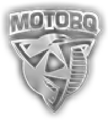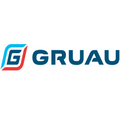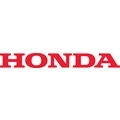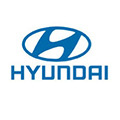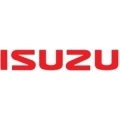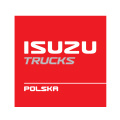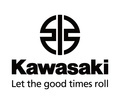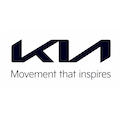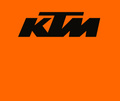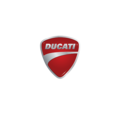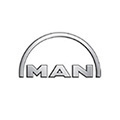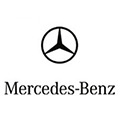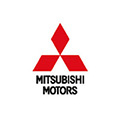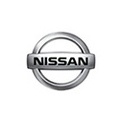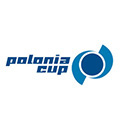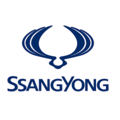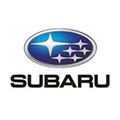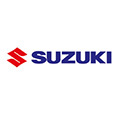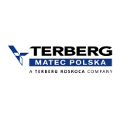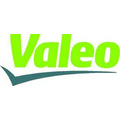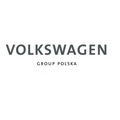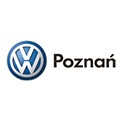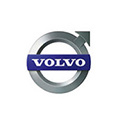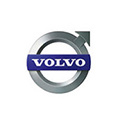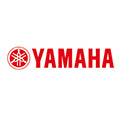06_Motorcycle dealers sell emotions, though unfortunately negative ones as well - when they ignore customer needs.
Considering the expenses the automotive sector incurs in acquiring leads, be it online ad budgets, or activities aimed at generating leads direct directly, it might be expected that brands would be one of the major sources of traffic related to online queries. According to research by Kantar TNS, in many cases this traffic is unfortunately either unilateral, or poorly effective. Unilateral, because dealers often fail to answer questions from prospective customers. Poorly effective, because communication with customers makes insufficient use of sales scripts, or fails to convey enough information. Does that mean that the importers’, distributors’, and dealerships' marketing staff need to look at every penny they spend? Or maybe they are supposed to expect a partial budget refund from training and sales departments? Obviously, this was only satire, though the scope of answers to customer queries visible in our research is something to consider.
This year, we decided to extend our cyclical TNS Auto Leads project (a study verifying the quality of answers to electronic inquires sent to car dealerships) to include the primary representatives of the motorcycles market. Unfortunately, TNS Moto Leads, because that’s what this research module is called, has confirmed our suspicions that motorcycle dealers are not as well prepared for online customer service as car dealers are. Whereas in the study on car dealers the percentage of informative answers to the customers’ questions was 70% (just like in 2016), the result was over 10 percentage points lower in the case of motorcycle dealers, with a third of the latter failing to respond to mystery shopper inquiries at all.
As was mentioned above, this year’s wave of our benchmark projects dedicated to the automotive market is going to check the extent to which official dealers of renowned automotive brands respond to inquiries they receive by e-mail.
For that purpose, we took the guise of private customers sending electronic inquires to motorcycle dealerships. In the messages, our mystery customers declared interest in purchasing a specific motorcycle model and asked about financing offers as well. The term of the loan and own contribution amount were specified in the inquiry.
The question was formulated meticulously, in order to make it possible for the dealers to answer ‘to-the-point’, with no need for the consultant to ask additional questions about basic issues, such as e.g. the model the customer is looking to buy, or loan term in months.
The research commenced in 2017. The individual dealerships’ addresses were sourced from the basic dealership chain info provided on the individual brands’ websites.
119 e-mails have been sent in total, covering all official dealerships of the following motorcycle manufacturers:BMW, DUCATI, HARLEY-DAVIDSON, HONDA, KAWASAKI, SUZUKI, TRIUMPH, and YAMAHA.
The inquiries targeted mid-range models, primarily 650 ccm motorcycles from the PLN 27 000 to PLN 58 000 price bracket (according to information provided on the brands’ websites).
Our findings have not been flattering for motorcycle dealers. Less than 57% of the official dealerships provided an informative answer to the customers’ queries. In 13% of the cases, responses to the customer’s query were limited to the statement that 'someone from the dealership would get back to them' (and telephone contact with the dealer ceased at that point), or the customer was asked to call the dealership directly in the response email. Close to 1 in 3 dealerships (31%) didn’t reply to the customer at all.
The leading group, or the dealerships that provided the most answers to customer queries, was headed by SUZUKI (75%), KAWASAKI (74%), Honda (63%), and Yamaha (57%), who scored visibly higher than their European competition and the single American brand.
However, to simply reply wouldn’t suffice. Of all the dealers who responded, barely 9% invited the customer to come to the dealership, with a test drive offered in only 4% of the cases. Visits to the dealership, particularly the test drive, were a highly significant aspect in convincing customers to choose a given brand, therefore our findings should be deemed highly unsatisfactory. It’s not easy to comprehend why consultants reading inquiries from customers clearly declaring intent to purchase a specific models failed to invite them to view the vehicle live. These indicators are world apart from results recorded for car makers, where the ‘lead management process’ is much more advanced.
There is good news in the fact that if the dealership answer customers at all, they do that very quickly. Six in ten (61%) dealerships responded in under 4 hours (within dealership's opening hours) from the moment the query was sent.
The 2017 motorcycle season commenced relatively late due to unfavourable weather. Temperature and precipitation levels made riding less enjoyable far into mid-May. Numerous dealers and garages complained about poor numbers of visitors during that period, rather than about excessive queues for test drives. This makes all instances of contact from prospective customers even more valuable. The study proves that most dealers will need to make a considerable effort in order to successfully convert e-mail leads into dealership visits, test drives, and potential purchases. We’re hoping that our project will serve as a source of inspiration for rolling out standards and procedures covering customer service processes at motorcycle dealerships, so that they can make full use of the potential hidden in such leads, and convert them into actual sales. Learning from the experience of car brands is the way to go. Even though the performance of many of their dealerships leaves much to be desired, it seems that the process (and standardisation thereof) has been prepared well.
Contact us:
Dariusz Bryniak – Account Manager Automotive, Customer Strategies Expert
dariusz.bryniak@tnsglobal.com

